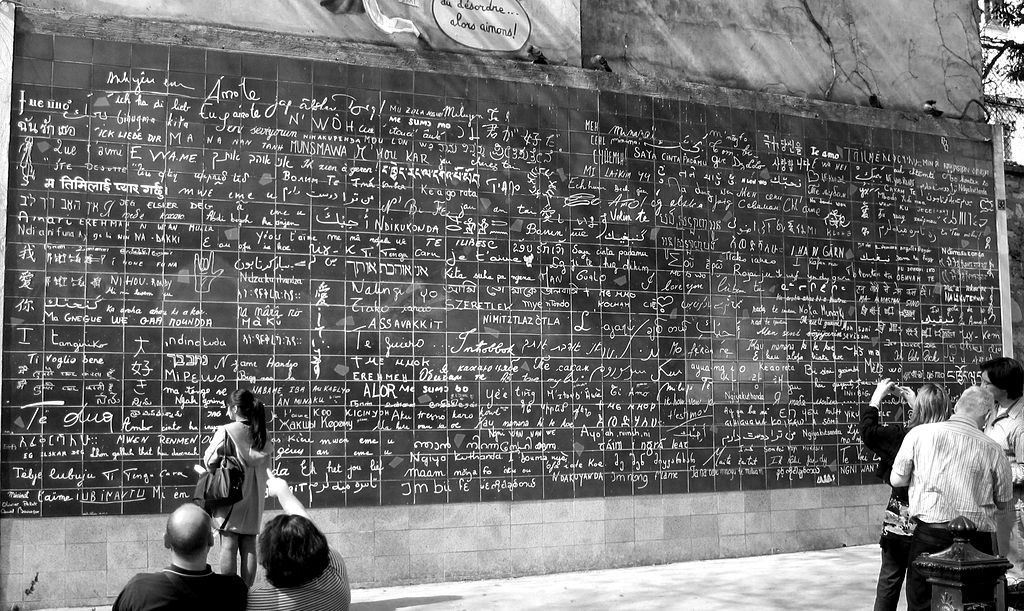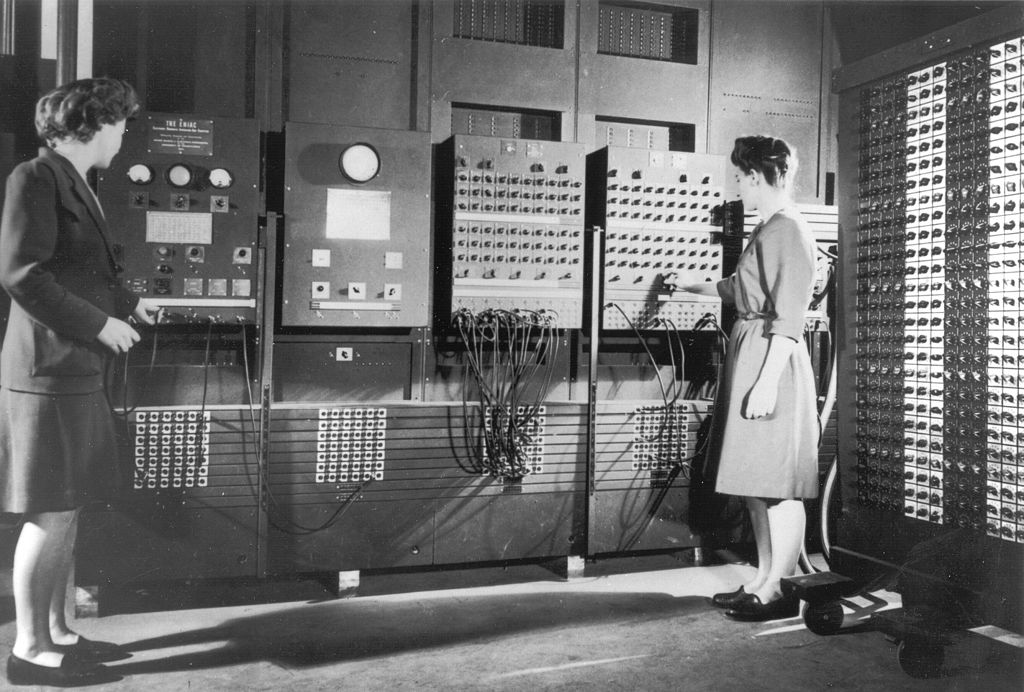Using artificial intelligence for good
We regularly see news stories about the latest prank being edited into Wikipedia, something we call "vandalism." But what those stories rarely note is that by the time they're written and published, the edits have long since been removed. In fact, most vandalism is corrected in under five minutes—thanks in part to a new artificial intelligence (AI) service we've built.
How are mischievous edits to Wikipedia articles identified and addressed quickly? One way is by using "ORES," an AI service built by the Wikimedia Foundation. ORES uses machine learning strategies to "learn" what damaging edits look like and flag them for review by automated tools or human editors. While AIs have shown great promise, they also have the potential to exacerbate existing inequalities and biases. That's why we're building our AIs (like ORES) from the ground up, hand in hand with volunteer Wikipedia editors—the people who curate and maintain the world's largest encyclopedia 24 hours per day, 7 days a week.
The results of integrating AI into the workflows of Wikipedia's volunteer editors have been staggering. ORES has helped cut the workload of these volunteers by a factor of 10—reducing the effort of combating vandalism from 270 human hours per day to a mere 27. We've also designed a tool that allows those same editors to publicly audit our AI service. That may sound strange, but it's actually a success when someone doesn't like what our AI service is doing and shuts it off. When we work together to record our AI's mistakes, it becomes easier to address problematic trends and ensure they aren't replicated.
Avoiding bias in our AIs was a motivating factor in the Wikimedia Foundation's decision to join the Partnership on AI, a coalition of individuals and organizations working together to better understand the impact of artificial intelligence technologies on people and the planet. Through this collaboration, we hope to develop best practices that will create more equitable AI systems in the future.
Learning more with fewer clicks: Page previews

Let’s say that you’re reading about the Andromeda Galaxy on Wikipedia. You learn that it will collide with Earth in a few billion years, but in the process of reading, you see an unfamiliar term and ask yourself: “What’s a spiral galaxy?” Before page previews, you would have needed to click the link, read the first few sentences, then navigate back to the original article.
If you're on or near a computer, go check out any Wikipedia article, then take your cursor and hover over a link. See what pops up? That's the page previews feature, which our developers built to give you a quick grasp of what's behind a link without leaving the topic you're there to read about.
“I found a single Wikipedia page with hover-over previews of additional articles,” Joseph Wooley wrote on Twitter, “and it’s changed my life.” Why? Readers interact with approximately 20% more topics in a given session by using page previews. We've given you the ability to learn more with fewer distractions.
Providing background context behind information, especially news, is becoming ever-more important in the age of the 24 hour news cycle. That's why The New York Times is experimenting with similar page previews, and we hope others will pick up the trend.
Translating the world's free knowledge

Many science fiction stories provide for a 'universal translator,' a convenient plot device to allow individuals from two or more species to communicate. Unfortunately, we here in the real world haven't yet developed such a device, and so translation across Wikipedias in hundreds of languages is critically important: it allows multilingual editors to re-use efforts made by other volunteer editors, thereby lowering the cost of spreading knowledge around the world.
This is why we built a content translation tool. It simplifies the translation process, making it easier to bring the sum of all knowledge into other languages. The tool is available in all of Wikipedia's 300+ languages. If you’re interested in just how much it helps, one group of volunteer translators focused on making vital medical information available in more languages found that it increased their productivity by 17%.
As more editors use the content translation tool, the rate of article creation increased to more than 350 new articles translated per day—or one new article every five minutes.
Wikipedia has long aspired to foster a world where knowledge is free, accessible and useful to everyone, in every language, in every country, and across any device. We're still working to achieve that vision, but the Wikimedia Foundation is excited to be partnering with Google to integrate its advanced machine translation system into our content translation tool. We're leveraging machine translation to support editors by producing an initial translation of an article they can then review, edit, and improve.
Report homepage
Help us unlock the world’s knowledge.
As a nonprofit, Wikipedia and our related free knowledge projects are powered primarily through donations.
Donate now
Contact us
Follow
Photo credits
Oh Paris via Flickr
